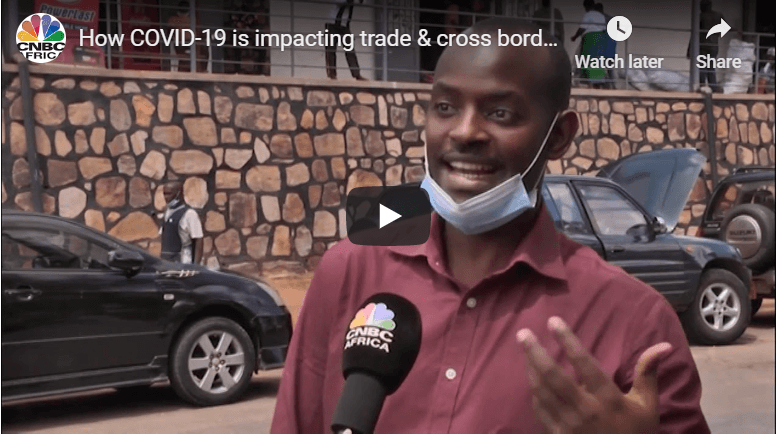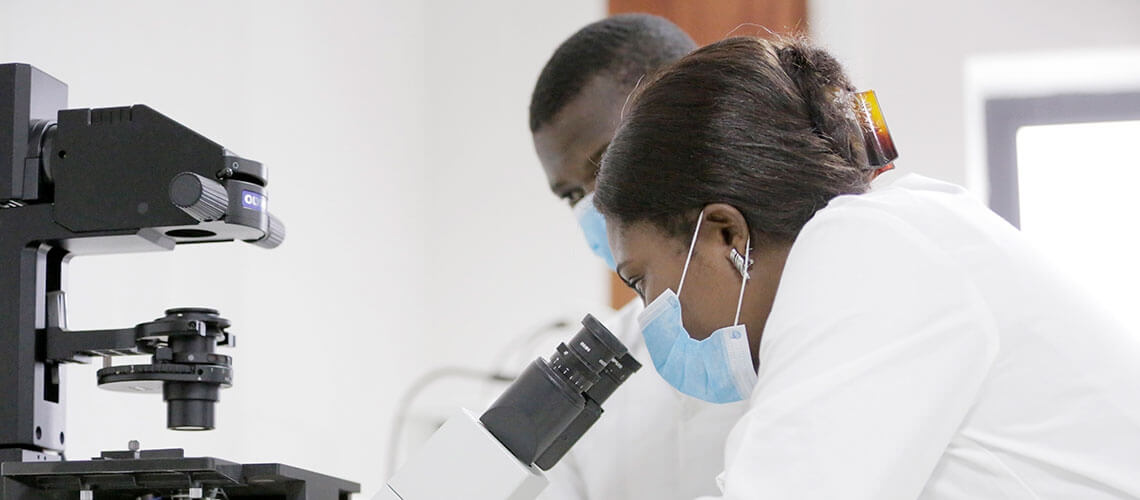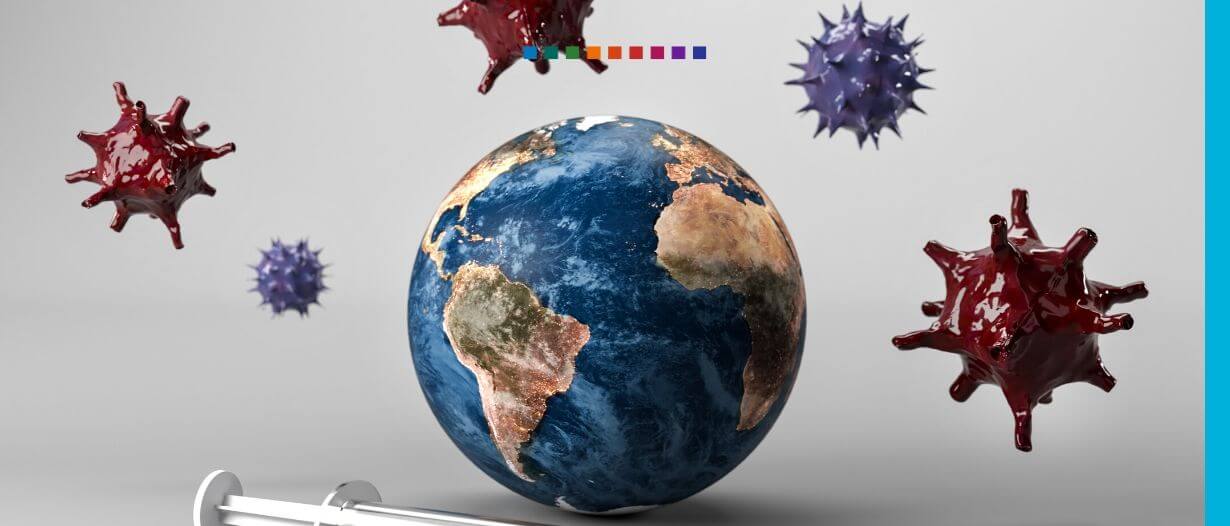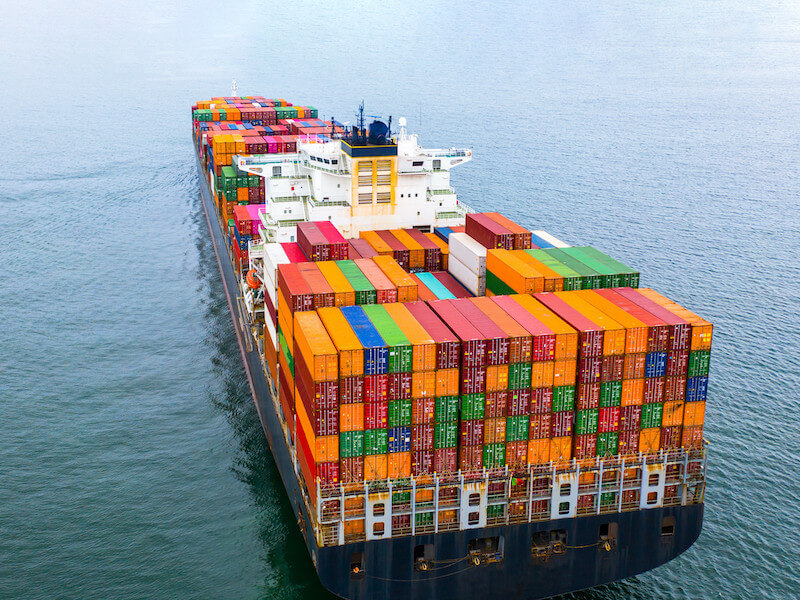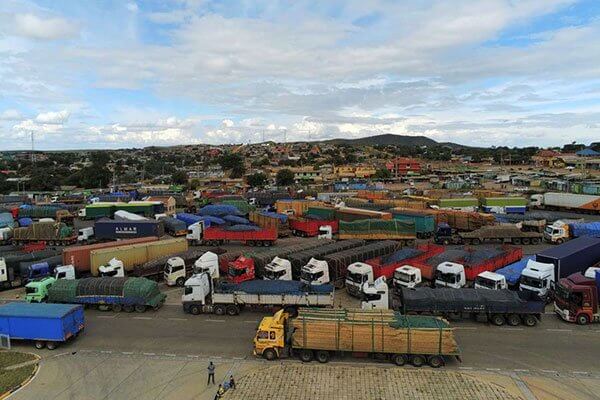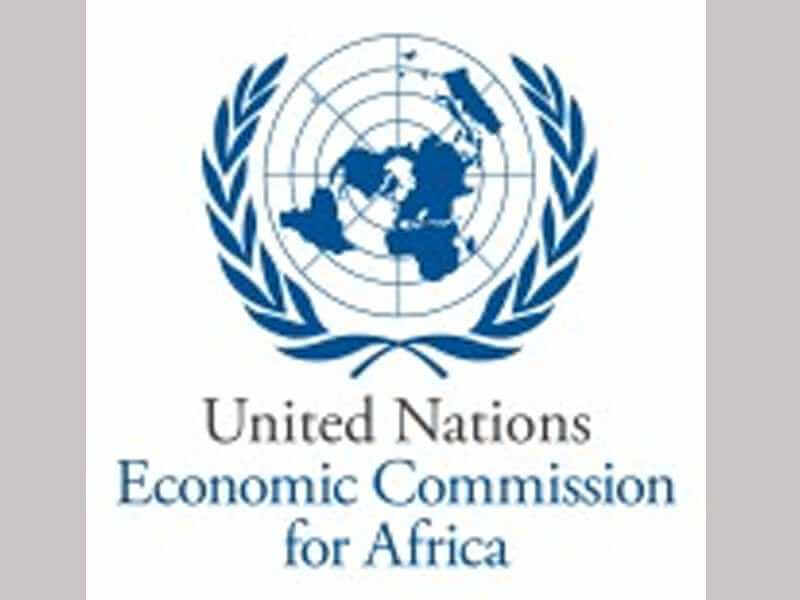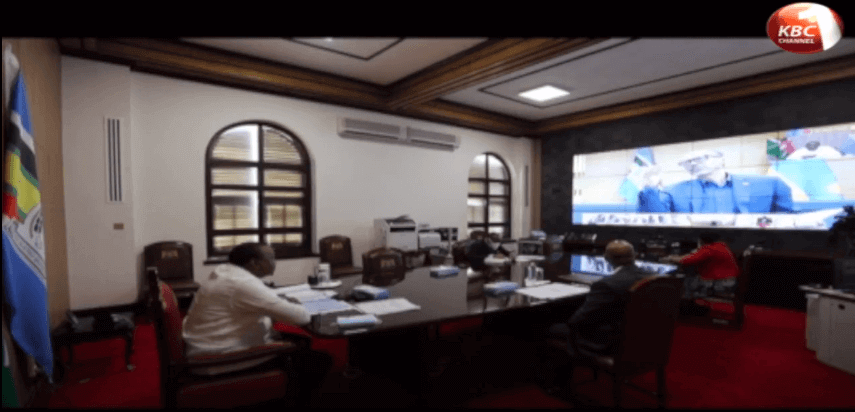With the current fast-changing developments, policy makers need to know what is happening to the economy in real time, but they often must settle for data telling them what happened many weeks ago. And international trade, which links countries through a complex web of supply chains, is an area where timely information is especially valuable from a global perspective. Most trade takes place by sea, and – for navigational safety purposes – virtually all cargo ships report their position, speed, and other information many times a day. A new IMF methodology using these data can help better inform us how international trade is affected by the COVID-19 pandemic. Building on machine-learning techniques, we can provide better answers to simple questions such as: How big is the drop in trade activity? Should it be attributed mostly to exports or to imports? A new approach Using over one billion messages from ships over a period of five years, the newly-developed methodology closely replicates official trade statistics for many countries and for the world in aggregate. It is available at a daily frequency in real time, while official statistics are typically delayed by many weeks. At the global level, our indicators built from ships’ radio signals closely approximate monthly official trade statistics (with a correlation of nearly 0.9 in levels, and around 0.4 in quarter-on-quarter growth rates). The top panel of our Chart of the Week shows a dramatic fall in Chinese exports in the wake of initial lockdown measures to contain the spread of the...

